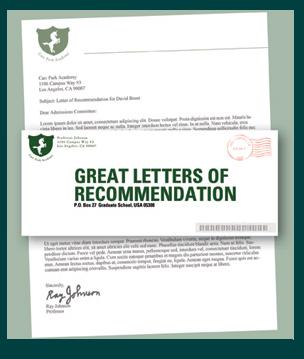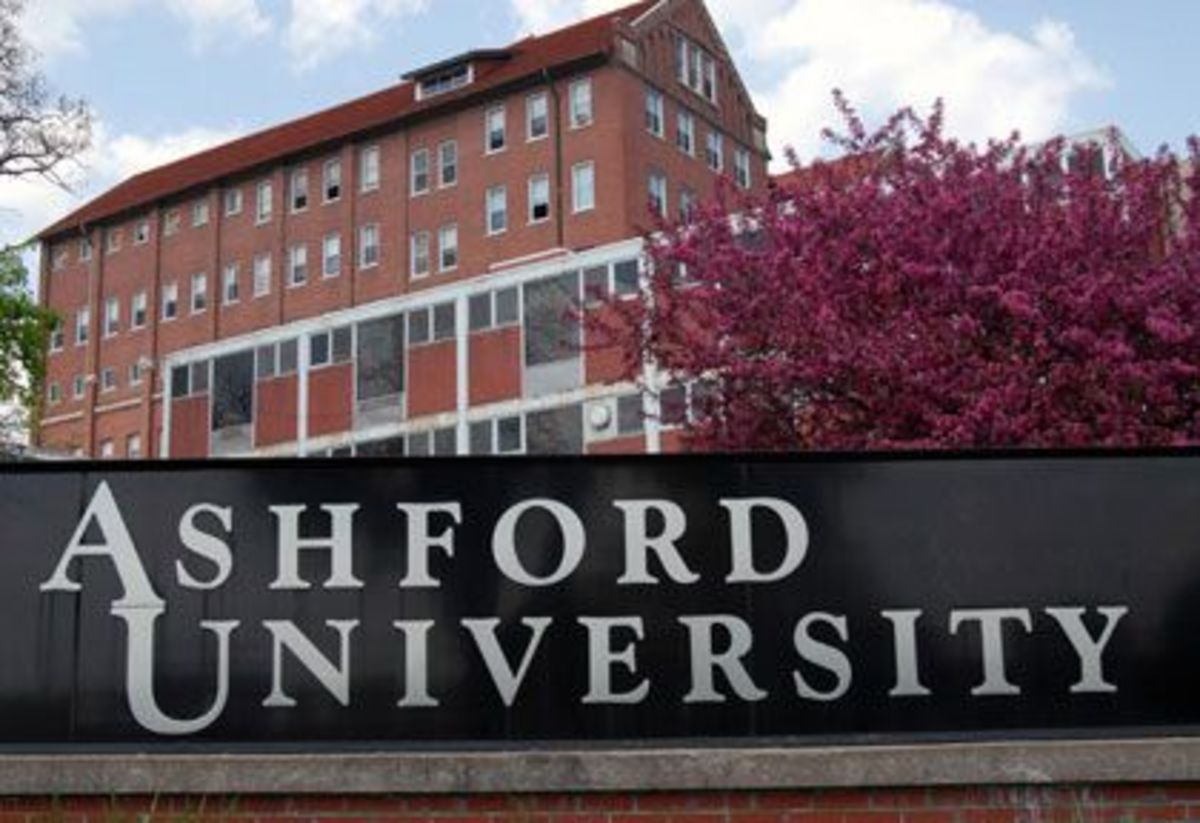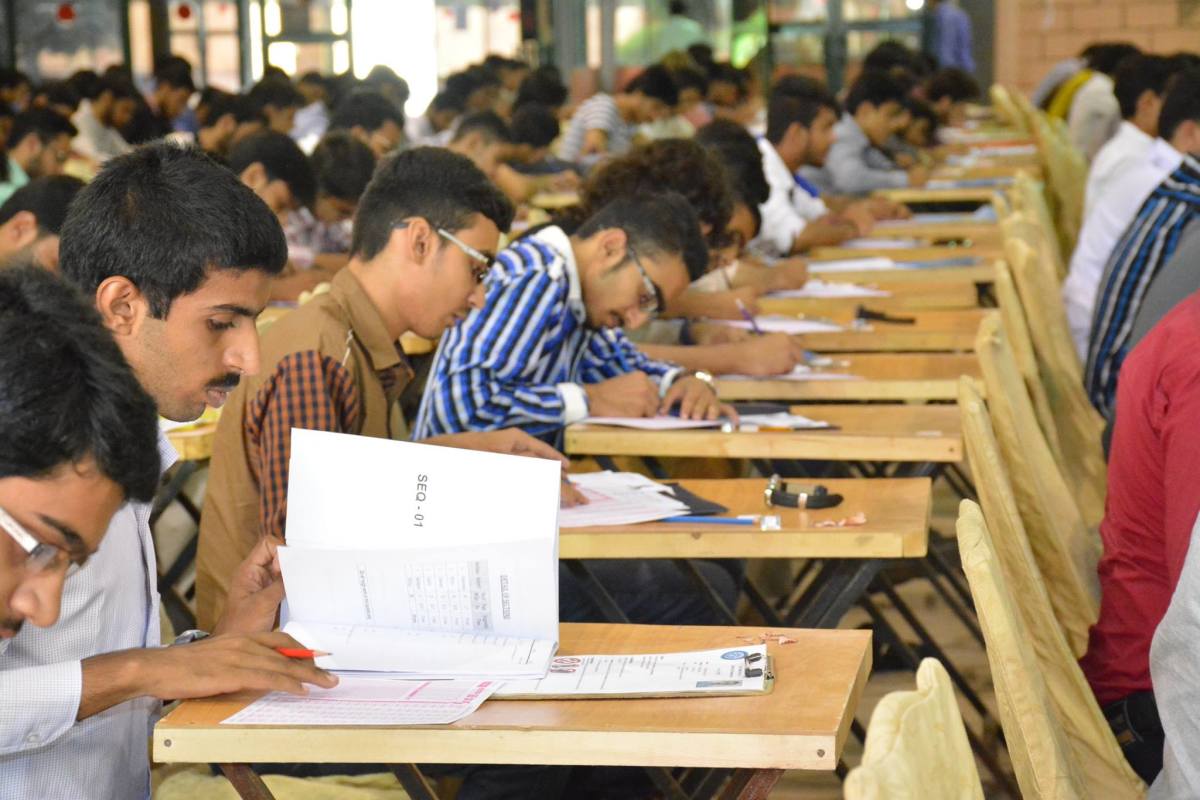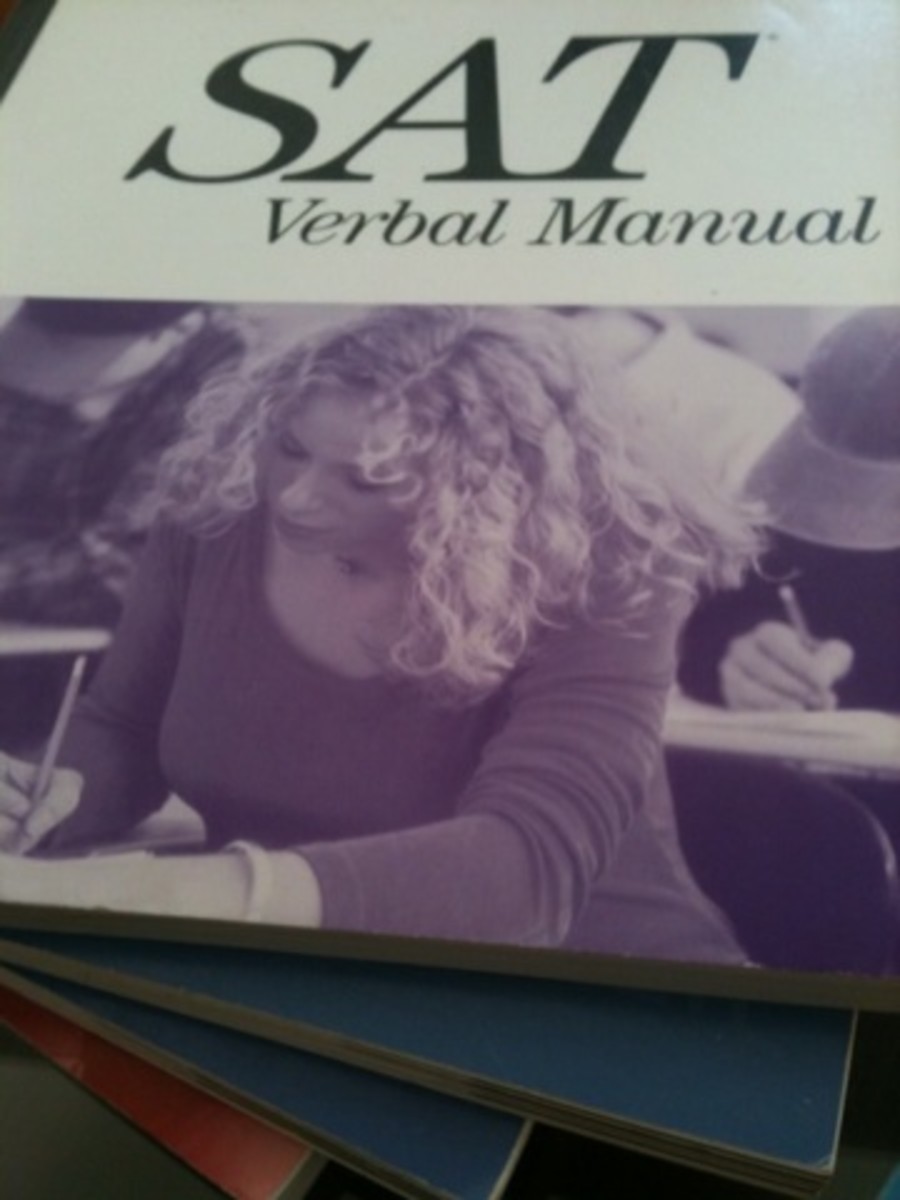Applying to Graduate School: Letters of Recommendation

Making the decision to apply to graduate school is a big step. It takes quite a bit of research to leanrn about the different schools that offer the programs you are looking for. One of my undergrad professors once said that applying to grad school is like having a full-time job, so you had better start preparing months in advance of deadlines. You already have experience applying to colleges or universities from when you applied for your undergraduate studies. This understanding of the application process will be helpful, but bear in mind that applying to graduate schools is different.
First of all, these schools tend to be more competitive. A friend of mine is a published poet, but he continues to be waitlisted for the MFA program in poetry at the University of Washington because it is so competitive. He’s spoken with advisors and professors at the school, all who encourage him to reapply each year. Don’t think this will necessarily happen to you—the program he is interested in is highly competitive, and this is the only university he applies to. Most students apply to several universities in many different locations.

The other thing to remember is that you are expected to behave and perform a lot more professionally while applying to graduate school than you were when applying to undergrad. With a degree and college experience already under your belt, there is no excuse for you not to act maturely and professionally throughout the application process.
Requesting Letters of Recommendation
It is important to be able to provide accurate, first-rate letters of recommendation. It is inevitable that you will need to request a letter of recommendation from a professor or advisor. You need to remember that the people you ask to write these letters for you are very busy people who are asked to write a lot of recommendations. This is why it is so important for you to make the letter writing process as convenient as possible. By following these tips, your recommenders will be able to write the strongest possible letters for you:
- Make sure the professor or advisor is willing to write the letter for you. I doubt you will be turned down, but it is common courtesy to politely ask. If time has passed since you were a student, provide the writer with details about what you have been doing since you graduated. One of my professors once said he always asks students to write him a letter describing their experiences since graduating before he will write the letter. Another teacher told me that he requests students to give him one of the papers they wrote for his class because this helps trigger his memory, making it easier to write the letter. Yet another professor said that she prefers to talk to the students on the phone or in person to conduct a mini interview beforehand.
- Provide materials for the person writing the letter well in advance of the deadline. This allows the recommender ample time and flexibility in deciding when to write it. Create a cover sheet that indicates all of the deadlines, and include it with the materials.
- Put together a packet of information for your recommender. The packet should include: your academic record, most current resume, your application letter or essay to the program to which you are applying, and any other materials, like catalogue descriptions, that make the school relevant to your professional and educational goals. The application letter or personal statement (essay) can be challenging to write. Graduate programs expect and require you to present yourself as a scholar or professional in these essays. If you are too general or use a lot of clichés, you could seriously damage your chances of getting into the program. Feel comfortable asking your former advisor (or current, if you are still completing your undergrad studies) for advice and strategies to write your personal statement.
- Always include an addressed, stamped envelope for each recommendation. It is rude to expect the recommender to pay the postage, especially as they write letters for so many other students too. Writing letters of recommendation is time consuming, so take the time to address the envelopes and provide postage for them.
- A week or two before the letters are due, send a friendly note or call to see if the recommendations have been prepared. Your professor will appreciate it.
- It is important to let your recommender know which institution you end up choosing for graduate education.
- Most of all, remember that your professors do not owe you recommendations. They understand how important the letters are, and almost all of them are happy to do it. Be sure to thank them for all of their time and effort.
Applying to graduate programs takes quite a bit of work, but it will be well worth it when you are attending the school you have chosen. Make the entire process as easy for everyone involved as possible by staying organized. You don’t want to put anything off until the last minute, so stay well aware of all deadlines.
Best of luck in your studies.








